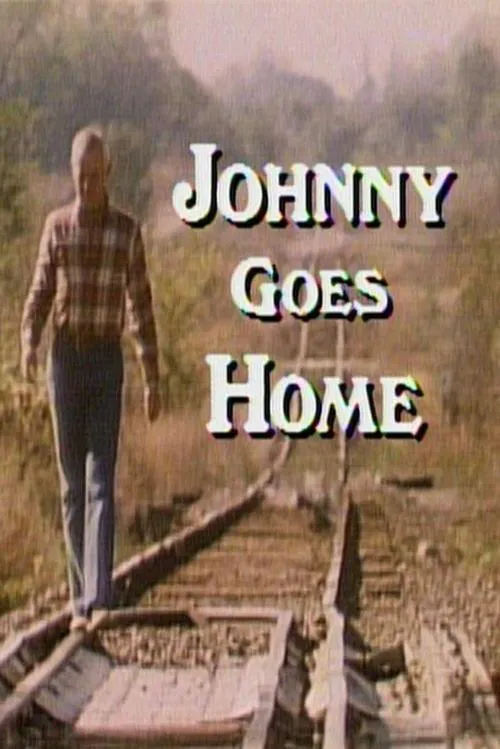Johnny Goes Home

Plot
Johnny Goes Home is a heartwarming and nostalgic documentary short film featuring the iconic American talk show host Johnny Carson. The movie is a poignant journey through the fall of 1981, as Carson returns to his childhood hometown of Norfolk, Nebraska. This sentimental visit not only serves as a chance for Carson to reconnect with his roots but also offers a unique glimpse into the past and the small-town America that shaped his early years. As Carson travels through the quaint streets of Norfolk, he revisits the various places of his youth that continue to hold sentimental value. The film takes viewers on a tour of the old stomping grounds, visiting landmarks such as the Johnny Carson Center (though it's actually the Norfolk High School auditorium and not named Johnny Carson after the celebrity), the Norfolk High School cafeteria, and other nostalgic sites from his childhood and teenage years. Each stopover not only sparks fond memories but also allows Carson to share anecdotes and stories that offer insight into the events and experiences that shaped his life. Throughout the visit, Carson speaks with a group of people he has known for many years, including childhood friends, family members, and acquaintances from his high school days. The conversations with these individuals paint a vivid picture of Carson's early years and provide a glimpse into the values and influences that guided him during that period. These interviews also serve as a testament to the close-knit community that Norfolk embodies, where everyone seems to know one another, and where Carson's return is met with warm hospitality. One of the aspects that sets Johnny Goes Home apart from other documentaries is its intimate, small-scale nature. Rather than a sweeping, narrative-driven film, this short documentary eschews grand storytelling for a more personal and reflective approach. By doing so, the filmmakers have created a film that feels like a private, home-movie-style tribute to Carson's hometown and the memories that he holds dear. Consequently, the viewer feels as though they have been invited to share in these intimate moments with Carson, fostering a sense of connection to the man, his story, and the community that raised him. Carson's presence on camera is as charming as ever, and despite being away from the world of late-night television, he remains the charismatic conversationalist that audiences have come to know and love. His warm, engaging demeanor makes even the most mundane conversations feel lively and engaging, and he effortlessly connects with his old friends and acquaintances. In an unassuming way, Johnny Goes Home also offers a poignant social commentary on the changing times and small-town America's decline in the early 1980s. Norfolk's quiet, suburban streets are dotted with signs of wear and tear, reflecting the economic challenges and population decline that many small towns were facing at the time. These scenes convey the bittersweet feeling of Carson's visit, as he both celebrates his childhood in Norfolk and acknowledges the passage of time, which has altered the small town that he once called home. Ultimately, Johnny Goes Home is a delightful, nostalgic tribute to a beloved American icon, his hometown, and the people who have shaped his life. As Carson navigates the quiet streets and revisits the places of his past, he invites the viewer to share in his memories, making for a poignant, heartwarming film that is both a tribute to the bygone era and an exploration of the enduring power of friendship and community.
Reviews
Recommendations


